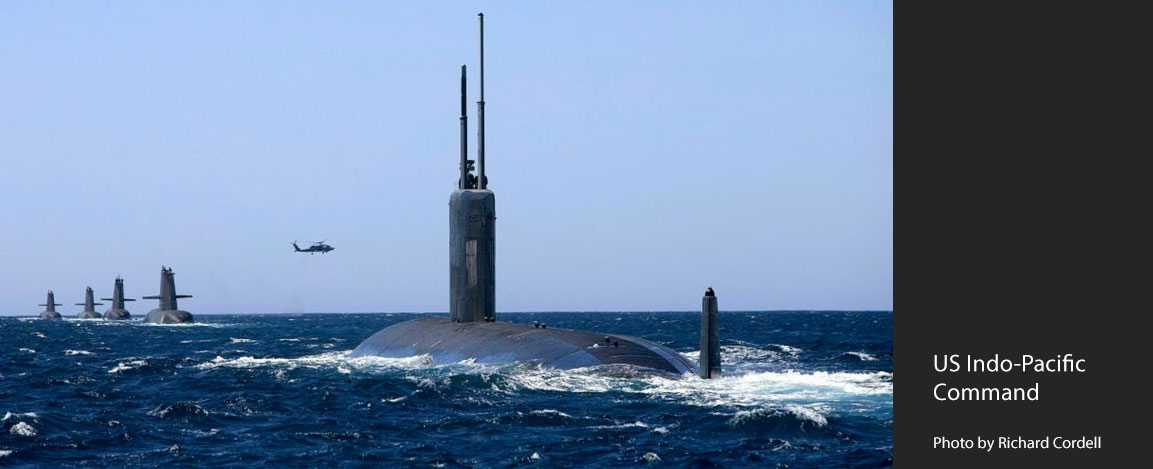"The Great White Fleet’s arrival in Australia in 1908 triggered the birth of the Royal Australian Navy and laid the foundation of the US-Australian alliance. Only time will tell whether AUKUS signals a new phase for both," writes Erik Sand, assistant professor at the US Naval War College and a former US Navy nuclear propulsion officer. Sand received his PhD in political science from MIT in 2021. Read the full article here in War on the Rocks.
On August 20, 1908, two battleship squadrons of the US Navy’s Atlantic Fleet — known as the Great White Fleet — steamed into Sydney Harbor in Australia. More than half a million Australians, an astonishing 12 percent of the country’s entire population, had gathered to greet them. Australia’s welcome so overwhelmed the American sailors that a few days later a crewman was reported to have gone to sleep on a park bench with a sign reading: “Yes, I am delighted with the Australian people. Yes, I think your park is the finest in the world. I am very tired and would like to go to sleep.” The fleet would go on to visit Melbourne and Albany, remaining in Australia until Sept 18. The visit marked the beginning of the US-Australian defense relationship and helped spur the creation of the Royal Australian Navy.
So it is somewhat fitting that, more than a century later, US President Joe Biden, UK Prime Minister Boris Johnson, and Australian Prime Minister Scott Morrison announced a new trilateral defense arrangement named AUKUS — an acronym of “Australia, United Kingdom, United States” — in mid-September. They declared technology sharing to be the cornerstone of this new relationship. While the initial focus of this technology sharing is the development of nuclear-powered submarines for the Royal Australian Navy, it also encompasses technology sharing and collaboration on artificial intelligence, quantum computing, and more. Because AUKUS focuses on technology sharing, it is different than a traditional arms sale, and this difference has two key implications. First, the deal is a stronger signal of the participants’ long-term concern about China’s rise. Second, and conversely, it will be more difficult to implement the deal in a way that lives up to its claims.




